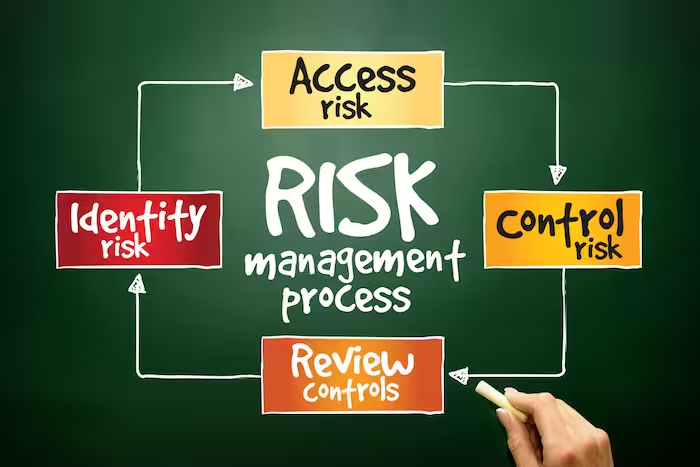What Are The Pros and Cons of Downsizing Before Retirement
“Downsizing Before Retirement” generally refers to selling your current primary residence (often a large family home) and moving into something smaller, easier to manage, less expensive to run, or better located for retirement needs. This could be:
- Moving from a full house to a smaller home, townhouse or apartment
- Moving to a retirement village or over-55s community
- Choosing a dwelling with fewer maintenance requirements, or closer to services, family, or transport
In Australia, there is also a policy dimension (the Downsizer Contribution Scheme) which allows eligible people (aged 55+) to contribute up to $300,000 from the sale of their home into superannuation, bypassing certain contribution caps. (Nationwide Super | Small Business Super)
The potential benefits of downsizing before retirement
Here are the main advantages, with data or widely reported findings where possible.










